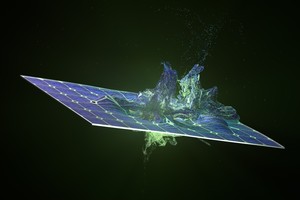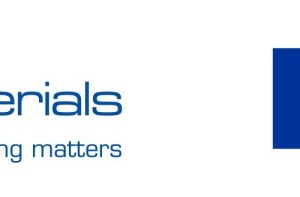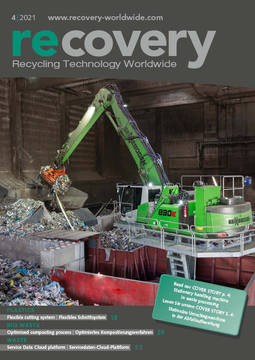Full-scale photovoltaic recycling on an industrial scale
Under the project management of Veolia Germany, a highly efficient and special process for the recycling of end-of-life photovoltaic (PV) modules is being developed. Together with partner companies from the public and private sector operating along the PV module recycling chain, all PV module components are completely separated for the first time. This way, pure silicon, silver and glass, among other things, can be made available to the manufacturing industry again. The EU supports the project with a total of € 4.8 million through EIT RawMaterials.
The technological solution
ReProSolar offers innovative management of PV modules, turning the linear PV industry into a circular economy in order to reduce waste and protect valuable resources. “Our process is based on a new delamination technology which is able to separate photovoltaic cells efficiently from the glass plate. Innovative physicochemical processes then enable the recovery of all materials without PV modules having to be shredded,” explains Antoine Driancourt, Project Manager at Veolia Umweltservice GmbH.
“Today, no industrial process in the world is able to recover very pure silver and silicon. This would be an enormous breakthrough for the whole solar industry in terms of current recycling standards,” Antoine Driancourt adds. From processing and raw material purification to the waste stream supply chain and reintegration into various industries, together with the project partners, the whole value chain is taken into account.
The research project is supported by EIT RawMaterials, Innovation Community within the European Institute of Innovation and Technology (EIT). It is funded under Project Number 20028 and will run from February 2021 to the end of January 2025. Until the end of the year, feasibility on an industrial scale is being tested on the premises of partner FLAXRES GmbH in Dresden and ROSI Solar in Grenoble, both EIT RawMaterials supported start-ups. Until 2023, an annual 5 000 tonnes of disused PV modules are to be processed in a demonstration plant.




